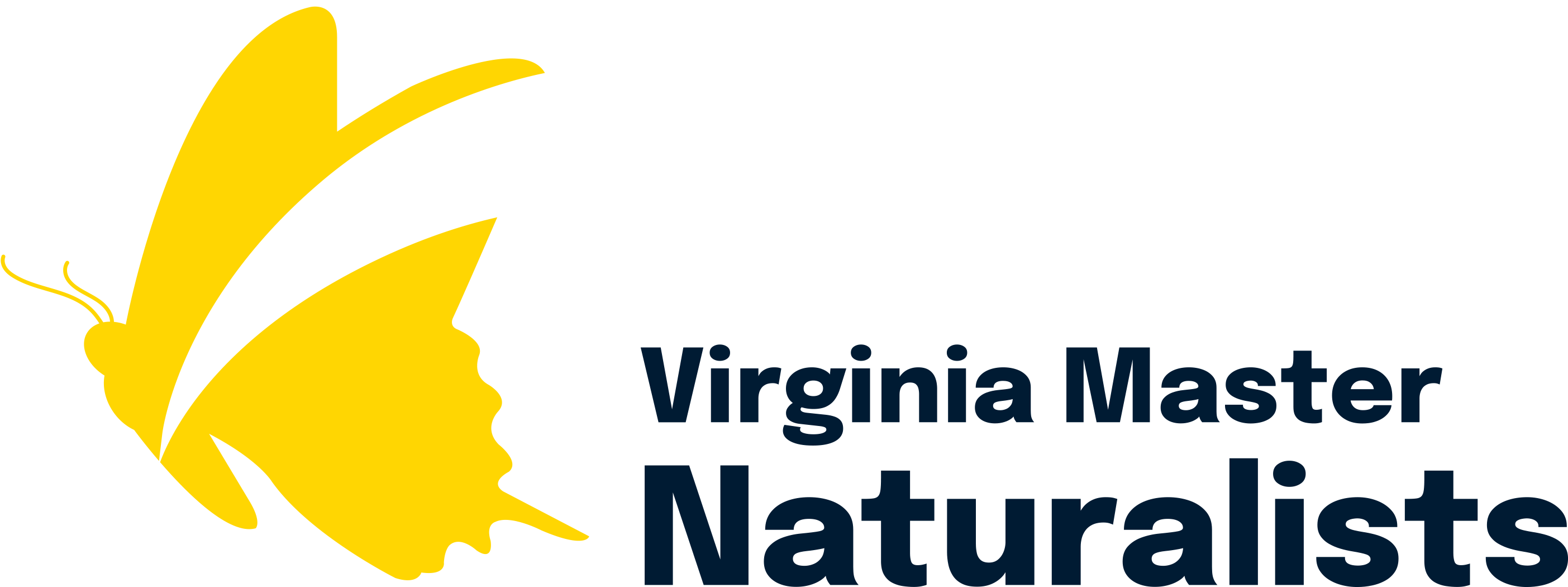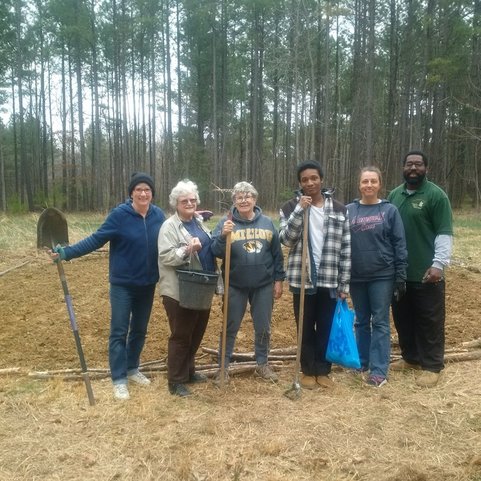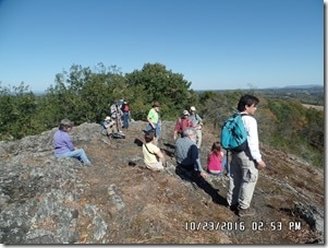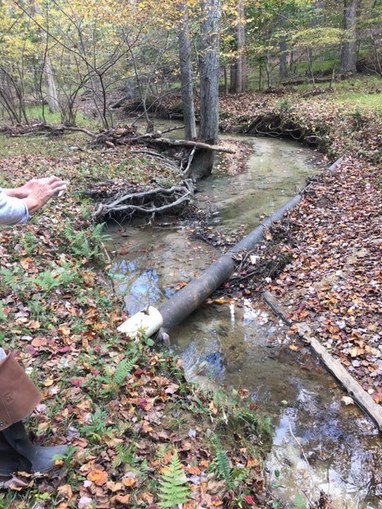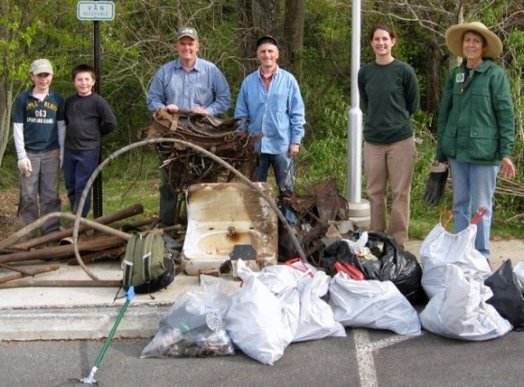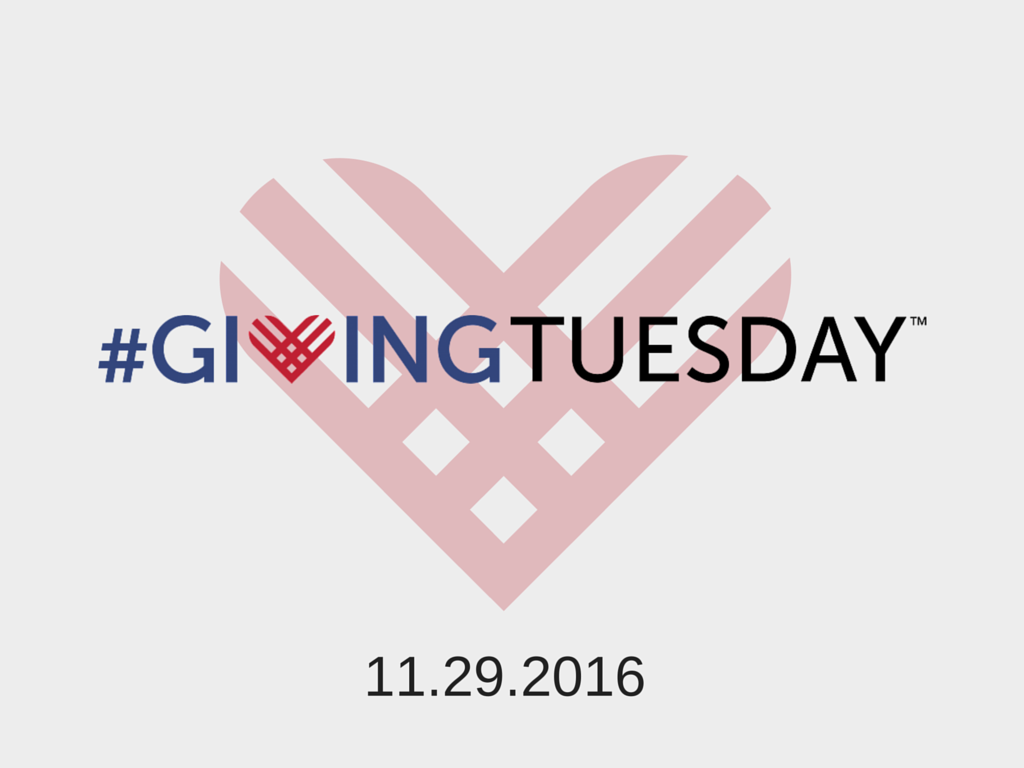Powhatan Springs Skatepark – An Arlington Regional Master Naturalist Community Work-in-Progress
Bill Browning (VMN-Arlington Regional Chapter), recounts how he and fellow chapter member, Matt Parker, spearheaded an effort to revive the neglected wooded area of Powhatan Springs Skatepark with the help of the community. This article was first published on the ARMN Chapter blog, where you can find additional photos from the project.
Following our graduation from the Fall 2013 ARMN Basic Training course, Matt Parker and I were looking for a volunteer project that we could make our own. Jim Hurley, ARMN’s then Vice President and Service Committee Chair, was only too happy to give us some ideas. In December 2013, Jim took us on a tour of a three+ acre site that was in need of some TLC behind Powhatan Springs Skatepark on Wilson Boulevard. The park was a good candidate because it was small enough for us to make a significant contribution even if we were the only two people working on it. Further, the park had a number of stately trees covered in ivy and we were sure we could remove it without a lot of supervision.
Known as Reeves Run, the park was once part of the historic Reevesland farm, which was the last operating dairy farm in Arlington. When the farm ceased operation in 1955 and was mostly subdivided and sold, Reeves Run began a long period of neglect. Indeed, the day Jim, Matt, and I walked through it, we could barely bushwhack our way through the site because of dense coverage of Multiflora Rose (Rosa multiflora) and a depressing accumulation of trash.
Jim saw the potential value of the site as a natural habitat. He noted that an Arlington County botany study listed almost 90 species in that area including a couple important large trees. This is impressive for such a tiny plot. Plus, Jim noted that the park contained the County champion Red Mulberry (Morus rubra). We also discovered that someone, many years ago, installed a wire fence around the Red Mulberry and the tree grew into the fence, becoming deeply embedded into it.
Jim was sure that we could make a significant positive impact, even if we just cut the invasive English Ivy (Hedera helix
) and Creeping Euonymous (Euonymus fortunei) that was strangling many of the large trees.
Early in 2014, Matt and I made several forays into the park. We would pick a small section each time and focus on the trees covered with invasive vines. That said, it was hard to ignore the nasty exotics on the ground. Several times I had to cut myself out of a Multiflora Rose thicket and Matt cursed the Bush Honeysuckle (Lonicera maackii) every time he passed it. But we focused primarily on the trees, section by section.
We soon determined that we could do more for the park with additional volunteers. So, on Earth Day 2014, we held our first community event in the park. Josh Handler of the Boulevard Manor Civic Association marshaled neighborhood resources, and Matt, Jim, and l reached out to the community at nearby Ashlawn Elementary School, as well as skatepark users and ARMN members. That first group of volunteers filled almost a dozen large trash bags with plant debris and trash. Josh also used his civic association’s website to implore neighbors to cease dumping trash and yard waste in the park.
We have held four other community-wide efforts since then and always have had a core group of naturalists and neighbors to target vines and other invasives. Once a volunteer attacked the Multiflora Rose exclusively; given the scratches I have experienced from their thorns, she became my hero. During another session the entire group tried to focus on Garlic Mustard (Alliaria petiolate). Finding and pulling the Garlic Mustard during its second year of growth was easy, but when we turned to the first year leaflets we became overwhelmed and gave up. I’ve since learned from Sarah Archer, a Natural Resources Specialist in Arlington County, that ignoring the first year leaflets of Garlic Mustard might be a good strategy because only half of them make it to the second year when they are much easier to remove. In October 2015, we began adding native plants donated by Earth Sangha. Mary Frase, a Fairfax Master Naturalist and Master Gardener, led our effort to plant seedlings of Eastern Black Walnut (Juglans nigra), Golden Ragwort (Packera aurea), Swamp Rose (Rosa palustris), Tuliptree (Liriodendron tulipifera), Grape Vine (Vitis sp.), Boxelder (Acer negundo), Sumac (Rhus sp.), and American Bladdernut (Staphylea trifolia). Unfortunately, it appears they did not survive.
As a result of the efforts of ARMN and the Boulevard Manor Civic Association, Arlington County began to supply some professional resources to beef up the impact. This began and continues with consultations from Sarah Archer, as well as her support in body or spirit. Then the County sent Invasive Plant Control, Inc. (IPC), a contractor it uses to treat invasive plants when such remedies are more efficient than hand-pulling. For five days in June 2015, IPC treated nearly 30 invasive plant species, ranging from Norway maple (Acer platanoides) to Oriental Bittersweet (Celastrus orbiculatus) to Jet Bead (Rhodotypos scandens). And in June 2016, Lyndell Core, a County park manager, met with us to explore how to address piles of bricks, cement, wood, and fencing that may be covering an old well.
During our latest walk-through of the site, Sarah Archer said she’s exploring ways the County may help in the near future. Possibilities include spot chemical treatment of Japanese Stiltgrass (Microstegium vimineum) by County staff, and if there’s money, IPC’s treatment of English Ivy and euonymous on the forest floor.
At this point, I can proudly report that the park is coming back to life! In April 2016, we found Skunk Cabbage (Symplocarpus foetidus) and this October, we discovered a literal sea of American Pokeweed (Phytolacca Americana).
But there’s still a ton of work to do. Under the Pokeweed are likely masses of Garlic Mustard waiting to emerge next spring. There is also concern about deer from nearby Upton Hill that graze the property.
All in all, we are very proud of the glory to which Powhatan Skatepark is returning. On a recent walk along Wilson Boulevard, Josh Handler commented that he was struck by “how much better the ‘skyline’ of the park looks from a few years ago—devoid of the overgrown invasives on the trees.” We hope you can check it out this view yourself—or even better—pitch in on a future restoration event there.
